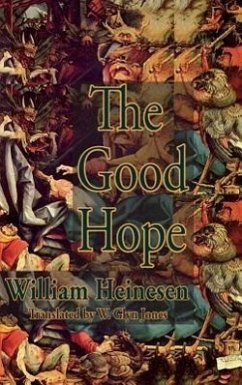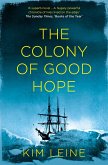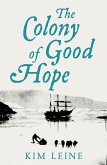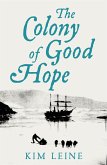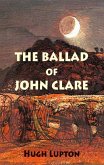First published in 1964 The Good Hope won The Nordic Prize for Literature. It is the first English translation of one of the greatest novels in the Danish language. . The Good Hope is an epistolary novel based on the life of the Reverend Lucas Debes, a larger than life character called Peder Ba, rresen in the novel. It tells a story of brutal oppression, poverty and terrible diseases, but also of resistance and of having the courage of one's convictions. It is a dramatic fantasy in which Heinesen's customary themes -- the struggle against evil, sectarianism, superstition and oppression --emerge on a higher plane, set against the backcloth of the Faroe Islands in the 1690s. The Good Hope is a masterpiece which took 40 years to write.
Hinweis: Dieser Artikel kann nur an eine deutsche Lieferadresse ausgeliefert werden.
Hinweis: Dieser Artikel kann nur an eine deutsche Lieferadresse ausgeliefert werden.

